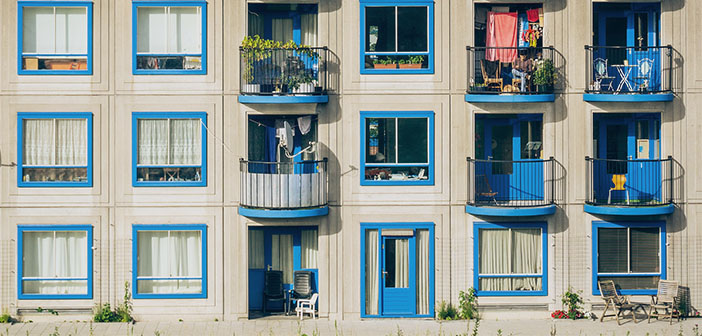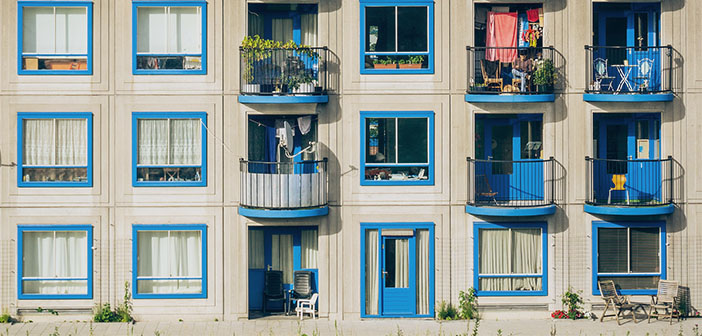
Millions of people currently live in federally subsidized housing are prohibited from using medical marijuana, regardless of whether its legal in their state. But, with 31 states and Washington, D.C. legalizing medicinal or recreational cannabis use, there’s a growing number of people who view this as the perfect opportunity to revisit our federal housing laws.
Take Mary Cease of Indiana County, Pennsylvania, for instance. Cease is a Navy veteran, a survivor of domestic violence who suffers from post-traumatic stress disorder (PTSD), and, as of February 2018, a medical marijuana patient, according to an Oct. 7, 2018, Indiana Gazette report.
After being traumatized by combat, then by cruelty in the form of domestic violence, Cease has now been denied a Section 8 housing voucher for a third time by the Indiana County Housing Authority for her medical cannabis use. Because cannabis use is illegal under federal law, and Section 8 is a federal program, Cease is forced to choose between taking medicinal cannabis or receiving federally funded housing assistance, according to the Pittsburgh Post-Gazette.
Cease is one of many Americans who depend on federally subsidized housing. A 2016 report by the Center on Budget and Policy Priorities, a left-leaning think tank based in Washington, D.C., indicates more than 5 million households receive some form of federal rental assistance. The report found that 89 percent of households that use federal rental assistance include children, elderly, or disabled people and that 66 percent have extremely low incomes. But without a legislative solution, medical marijuana patients who receive that type of assistance can’t use medicinal cannabis in the privacy of their own home without fear of losing federal support.
In June 2018, Rep. Eleanor Holmes Norton, a Democrat from Washington, D.C., introduced H.R. 6152, a bill that would allow the use of marijuana in federally subsidized units in states where marijuana use has been legalized, in the House.
Today I introduced my bill to allow cannabis use in public housing in DC and states where it’s legal for medical and/or recreational use. I signed the bill with Sondra Battle, a DC resident who lives in Section 8 housing and is prescribed cannabis to treat her fibromyalgia. pic.twitter.com/iyvUzpPMvA
— Eleanor Holmes Norton (@EleanorNorton) June 19, 2018
Should Norton’s legislation somehow pass both the House and the Senate, and receive a signature from President Donald Trump, it would represent a massive win for medical marijuana patients nationwide.
While medicinal cannabis may be legal to use in some states, its status as a Schedule I drug makes the reality of using marijuana to treat pain, epilepsy — and in the case of Cease, PTSD — practically impossible for low-income, disabled, and elderly Americans who require assistance from the federal government.
How do we exercise freedom to experiment at the state level if the federal government blocks the everyday necessities at seemingly every turn? What dignity is there in forcing those who need the most help and sympathy to choose between health or home?
Norton’s bill has received little to no support from her colleagues in the House, and even if it were to gain momentum, it would likely run into the same stubborn obstacles faced by past cannabis bills. But for Cease, her attorney, Judith Cassel, hopes an appeal to overturn the Indiana County Housing Authorities’ denial will be filed in early to-mid October 2018, according to the Pittsburgh Post-Gazette.
As Cease’s lawyer pointed out to Pittsburgh NBC affiliate WPXI-TV, “She’s a perfect person to say, ‘Hey, let’s test the housing laws in this area because someone shouldn’t have to choose between a roof over their head and being addicted to opioids.’ ”











